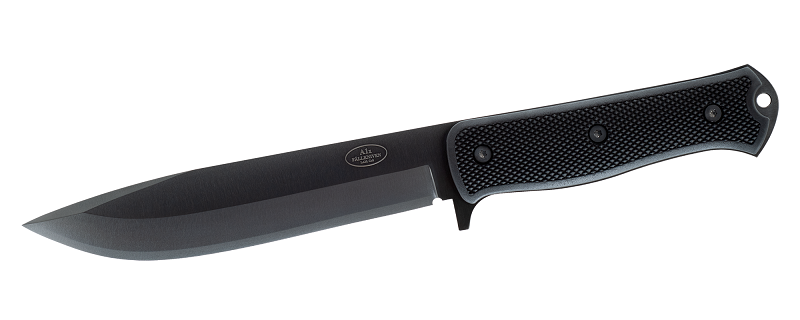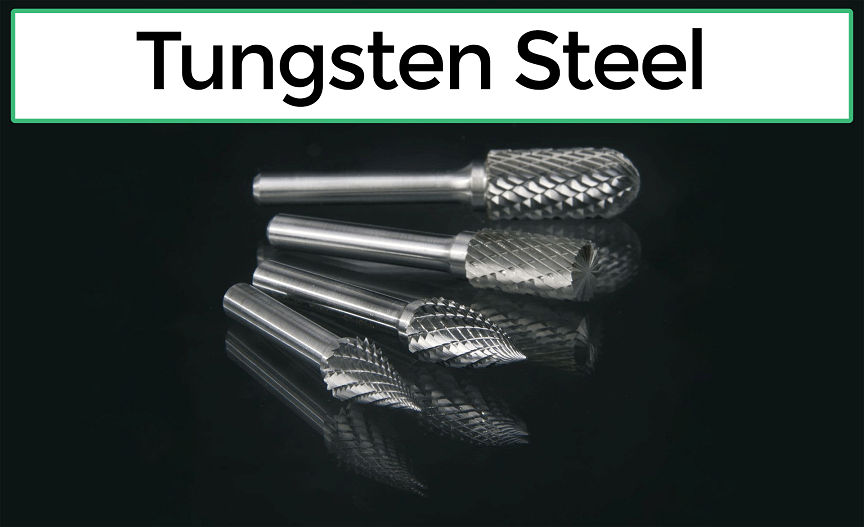
Tungsten is widely used in our daily life. For example, the filament inside a light bulb is mainly made of tungsten. When the lamp is lit, the temperature of the filament is as high as 3000 ℃ or more. At such a high temperature, most metals will melt into liquid or even become vapor but tungsten can withstand it because as the most refractory metal, tungsten has a melting point as high as 3410°C. In this article, let’s take a deeper look at the most refractory metal tungsten.

The Most Refractory Metal Tungsten
Tungsten was discovered by Swedish chemist Carl Wilhelm Scheele when he used acid to decompose tungstic acid in 1781, but it took 67 years for people to produce pure metal tungsten. Pure tungsten is a silver-white metal, and only powdered or filamentous tungsten is gray or black. Light bulbs will turn black over time because there is a layer of tungsten powder on the inner wall of the bulb.
The refractory metal tungsten is very heavy. One cubic meter of tungsten weighs 19.1 tons, which is similar to gold. Therefore, its original meaning in Swedish is “heavy”. Tungsten is also very hard. People use the hardest stone, diamond, as the drawing die, and let tungsten wire with a diameter of 1 mm pass through more than 20 gradually smaller diamond holes to pull it into a filament with a diameter of only a few hundredths of a millimeter.
At present, incandescent lamps, vacuum tubes, and even iodine tungsten lamps use tungsten as the filament. According to statistics, the world’s annual output of incandescent lamps and electron tubes is more than one billion!
The biggest use of tungsten is not to make filament but to make tungsten steel. 90% of the world’s tungsten is used to make tungsten steel every year. Tungsten is the most refractory metal, and tungsten steel also inherits this excellent characteristic.
Turning tools made of ordinary carbon steel becomes soft when heated above 250°C, and naturally, they cannot cut metal. However, the turning tool made of tungsten steel is still hard as the temperature is up to 1000℃. Now, the barrel is also commonly made of tungsten steel, because the barrel will be heated by the friction of the bullet during continuous firing, but the refractory tungsten steel still maintains good elasticity and mechanical strength.

Tungsten steel is also hard and sharp. But cemented carbide made of tungsten carbide and cobalt powder is harder than tungsten steel and even can compete with diamonds. The cemented carbide is now widely used in various industrial sectors, such as the manufacture of parts in watches, high-pressure nozzles used in chemical plants, the manufacture of cores for seamless steel pipes, and drill bits for drilling machines. Tungsten titanium alloy, tungsten chromium cobalt alloy, etc., are all well-known cemented carbides.
Tungsten is so chemically stable that, even when heated, it does not interact with hydrochloric or sulfuric acid, or even dissolve in aqua regia, where it only oxidizes slowly on the surface. Only a highly corrosive mixture of hydrofluoric acid and nitric acid can dissolve tungsten.
In the earth’s crust, the content of tungsten is four hundred thousandths. And there are many compounds of tungsten, among which tungsten iodide and tungsten bromide can be used to make new light sources, sodium tungstate can be used to make fireproof cloth, lead tungstate can be used as a white pigment, and tungsten oxide can be used as a yellow pigment.
Thank you for reading our article and we hope it can help you have a better understanding of the most refractory metal tungsten. If you want to know more about tungsten, we would like to recommend you visit Advanced Refractory Metals (ARM) for more information.
Headquartered in Lake Forest, California, USA, ARM is a leading manufacturer & supplier of refractory metals across the whole world. It provides customers with high-quality refractory metals such as tungsten, molybdenum, tantalum, rhenium, titanium, and zirconium at a very competitive price.
Copyright © 1994-2024 Advanced Refractory Metals owned by Oceania International LLC, All Rights Reserved.